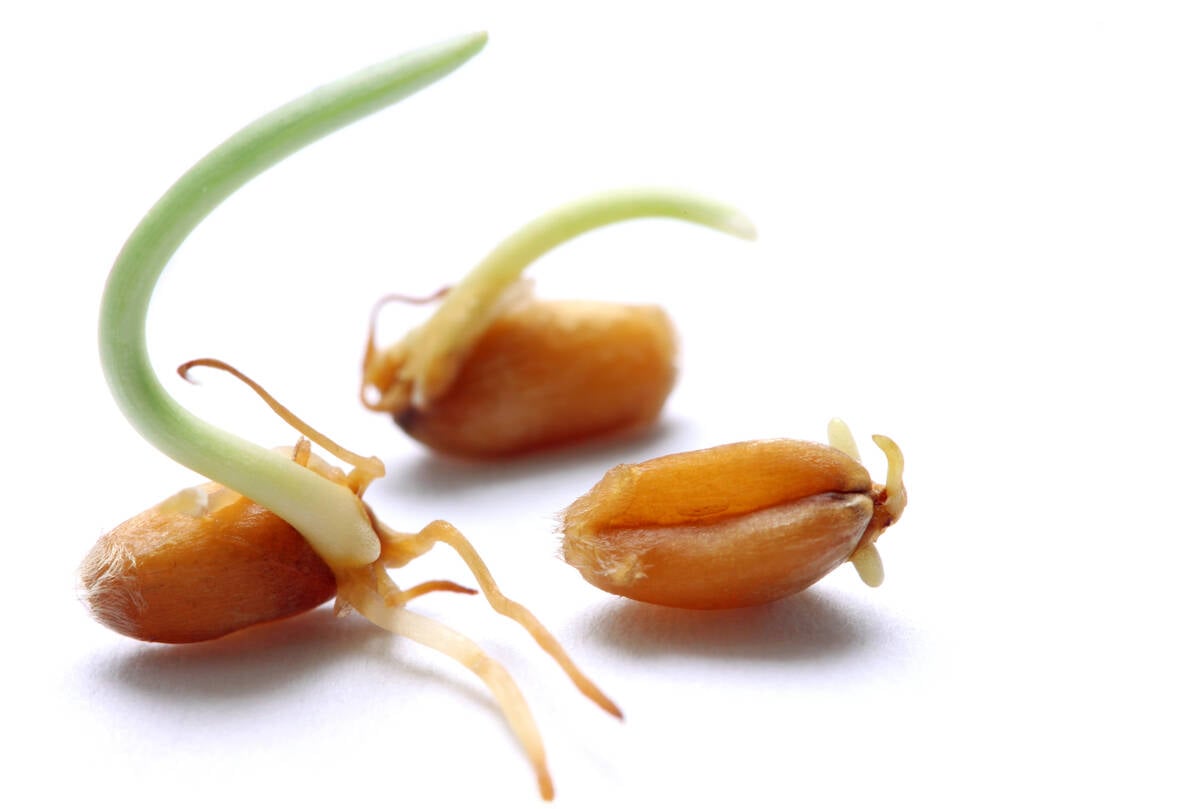A Regina-area feed manufacturing plant, that had some residents living in city’s north end holding their noses last summer, no longer processes culled layer hens each day, says the plant manager.
Until the air quality problem is fixed, the plant only occasionally renders a limited number of culled birds, said Leonard Underwood, manager of Oleet Processing Ltd.
He said studies involving microbiologists and engineers will soon be under way and some birds will be processed as part of those studies.
“We have the technology in hand that we know will correct the problem,” Underwood said. “We were not told that we had to quit experimenting. We wanted to be responsible.”
Read Also

Manitoba farmers fight sprouted wheat after rain
Rain in mid-September has led to wheat sprouting problems in some Manitoba farm fields.
Oleet opened last summer to mix hen carcasses with other ingredients, including soybean meal, to produce a high protein animal feed ingredient.
Complaints about the resulting smell caused the rural municipality to close the plant at times and sparked one lawsuit.
But Underwood said with about $1 million invested, the plant could not remain closed indefinitely. So management turned to canola seed and field peas, and the plant is now producing a high energy, high oil protein source.
“We have used (the product) on O & T’s poultry farm for about two months and are having good results as far as the diet that it is a part of,” Underwood said. “We hope that it could be an accepted energy protein source in the feed industry.”
The processing procedure is similar to that used with the chickens. The canola and peas are combined and put through extrusion machines at high temperature and pressure.
“No one else is doing this,” Underwood said of the procedure.
Underwood said most of the local canola seed it buys is sample because of green content. Aside from local suppliers there could be a good local market for the product, he said.
“We won’t discontinue with this once the poultry is in operation. But we may look at other options for poultry.”
Underwood said that could include building a new plant for poultry processing, using the experience gained in the first one. Oleet’s goal is still to use culled hens – those no longer suited for laying eggs.
Underwood said the culled hens that would have been used at Oleet are now back into the traditional marketplace of chicken nuggets and soup companies.
“But they’re being transported hundreds and hundreds of miles and the market’s not going to be there much longer.”















